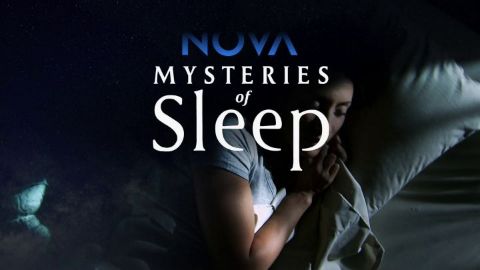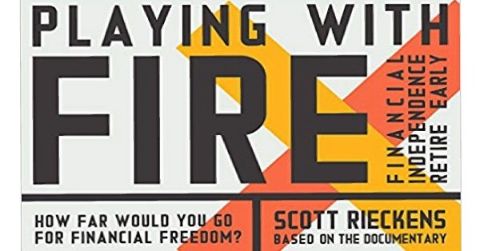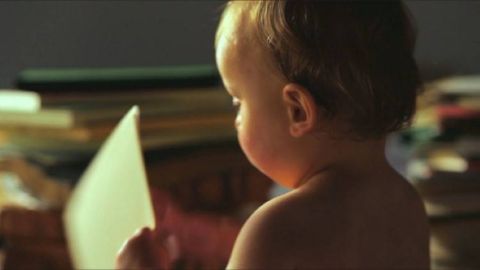Flight from Death • 2003
At some point in everyone's life, thoughts turn to death. A subject that most people like to skirt around, it is tackled head on in this award-winning documentary from director Patrick Shen. Shen identifies death as one of the underlying factors in causing modern day malaise and examines various responses to the specter of death as it looms large over our heads. Positing the theory that death is inherently buried in everything we do, Shen lets his theory unravel in an interesting and informative manner. Travelling the globe, the director pools his ideas from an array of sources, including expert commentary from scholars such as Ernest Becker and Sheldon Solomon.
Make a donation
Buy a brother a hot coffee? Or a cold beer?
Hope you're finding these documentaries fascinating and eye-opening. It's just me, working hard behind the scenes to bring you this enriching content.
Running and maintaining a website like this takes time and resources. That's why I'm reaching out to you. If you appreciate what I do and would like to support my efforts, would you consider "buying me a coffee"?
Donation addresses
BTC: bc1q8ldskxh4x9qnddhcrgcun8rtvddeldm2a07r2v
ETH: 0x5CCAAA1afc5c5D814129d99277dDb5A979672116
With your donation through , you can show your appreciation and help me keep this project going. Every contribution, no matter how small, makes a significant impact. It goes directly towards covering server costs.





